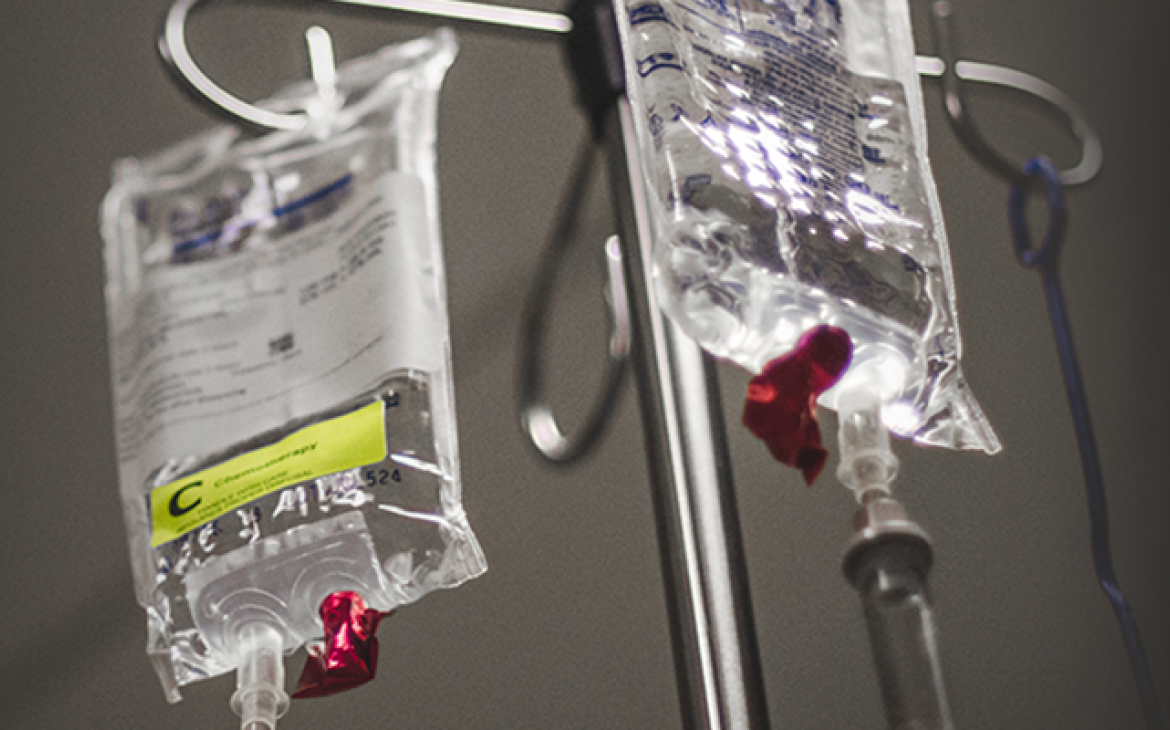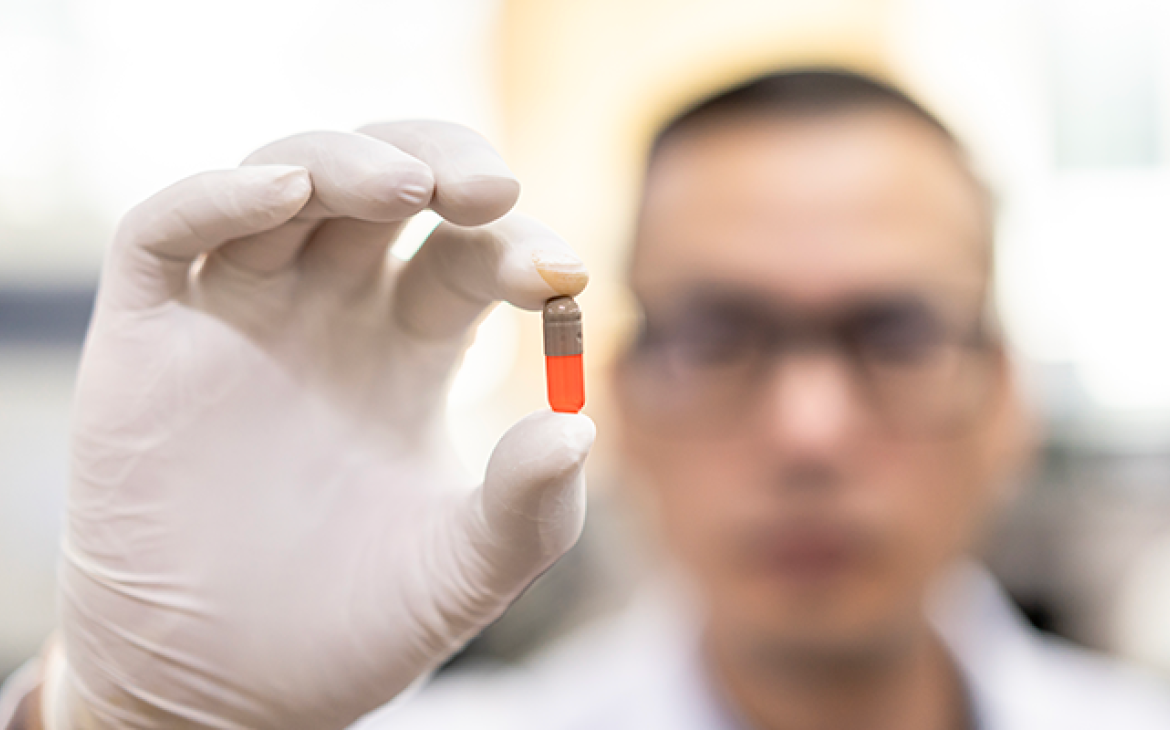
The World Health Organization (WHO) recently issued a Medical Product Alert after four substandard products were identified in The Gambia, which may be linked to the deaths of 70 children in the country. Only a few weeks later, health officials in Indonesia have temporarily stopped the sale of some syrup-based medications following the deaths of 144 children from acute kidney injury.
Laboratory analysis from The Gambia found that samples of these products contain unacceptable amounts of diethylene glycol and ethylene glycol as contaminants. The products from Indonesia are suspected to have the same contaminants . Diethylene glycol can lead to acute renal failure.
Repeated history of contamination
This story, while tragic, isn’t new. In 1937, more than a hundred people, many of them children, died in the United States after ingesting diethylene glycol-tainted cough syrup. Between 1992 and today, there have been diethylene glycol-related poisonings in Panama, China, Haiti, Bangladesh, Argentina, Nigeria, India and now The Gambia and most likely Indonesia.
Diethylene glycol can find its way into the supply chain in several ways, through mislabeled products, human error, or through intentional adulteration by manufacturers or suppliers to achieve higher profits. Testing of the ingredients by manufacturer can be used to successfully detect the presence diethylene glycol and other poisons. Such testing is required by law for certain products marketed in the U.S. However, not all countries have the same quality assurance requirements and resources , particularly low- to middle-income countries (LMICs).
The 1937 incident in the U.S. led to federal law (Federal Food, Drug and Cosmetic Act), requiring drug manufacturers to prove the safety of their products before they can be marketed in the U.S. Congress also added the requirement that drugs must generally meet standards for identity, strength, quality and purity found in the United States Pharmacopoeia–National Formulary published by the U.S. Pharmacopeia (USP). Fifteen years ago, the USP standard for propylene glycol was modified specifically to include testing for the presence of the impurity diethylene glycol.
Resources needed for strong quality controls
USP’s work with pharmacopeias, regulators and industry to strengthen supply chain resilience is designed to help avoid incidents such as the recent incident in The Gambia. USP efforts are focused on keeping patients safe by building capacity for quality implementation and regulation across the supply chain. We work with pharmacopeias, regulators and industry in India and in more than 49 other countries to strengthen supply chain resilience.
For close to three decades, USP has been working to build capacity in partnership with USAID, through a program focused on quality medicines. The program focuses on improving quality assurance systems such as through regulatory systems strengthening; the provision of technical assistance to develop capabilities to in national drug labs; training for national lab scientists; and WHO pre-qualification for essential medicines and post- market surveillance. This tragedy is yet another reminder to appropriately fund and resource regulators in every country, including LMICs, to best position them to detect, prevent and respond to dangerous products, such as those containing diethylene glycol.
Given the complex pharmaceutical supply chain, there is a clear need for greater regulatory focus on strong quality controls for raw material testing. In addition, pharmaceutical manufacturers and suppliers must live up to their responsibility when it comes to producing safe, quality products. Closing quality gaps for pharmaceutical ingredients will better protect patients and help prevent tragedies like the childhood deaths in The Gambia and Indonesia.


